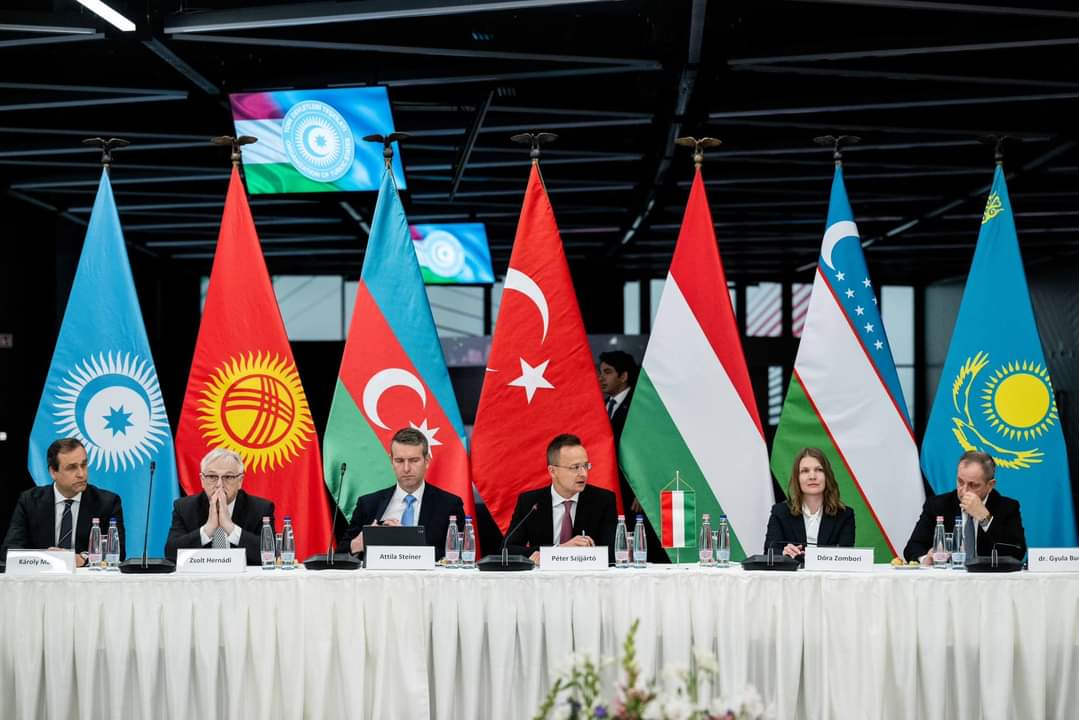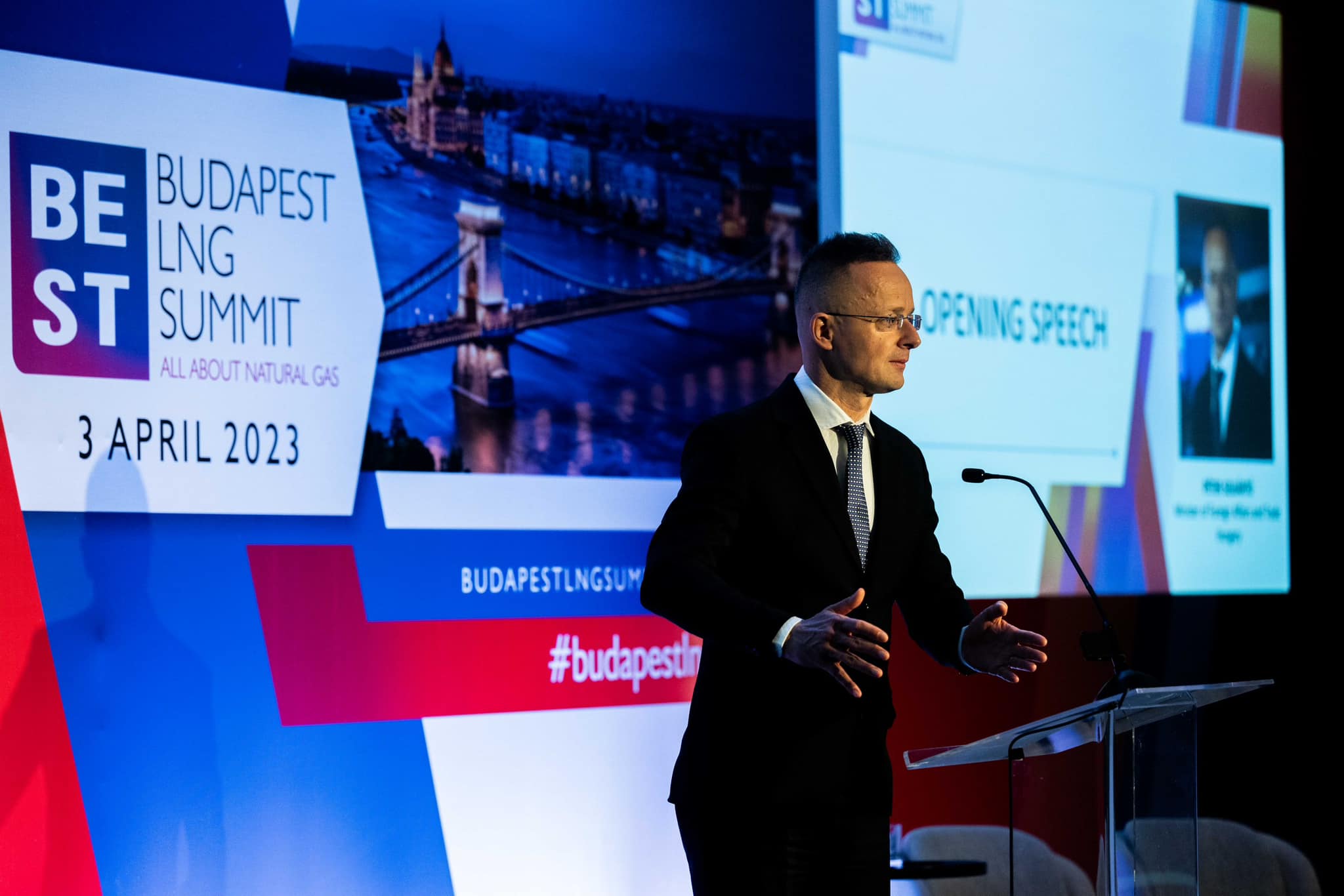
Foreign Minister Péter Szijjártó stressed the importance of diversification. Continue reading

Europe’s energy security is extremely fragile, and the diversification of sources is needed, Minister of Foreign Affairs and Trade Péter Szijjártó said at the 4th Budapest LNG Summit on Monday.
Last year it became clear that energy security in Europe was an illusion; this was illustrated by the fact that at one point, the price of natural gas had risen tenfold as a result of the war in Ukraine and the misguided response to it, he argued.
Referring to the attack on the Nord Stream 2 pipeline, the minister said:
…it is insane that a terrorist attack on critical European infrastructure took place, there has been no independent international investigation into the matter, and the perpetrator is still unknown.”
Péter Szijjártó pointed out that Europe was very lucky with a mild winter, and many politicians are celebrating themselves for having successfully weathered the cold, but it is too early because experts say the next heating season will be much more difficult for three reasons.
Firstly, at least 50 billion cubic meters of Russian natural gas will be missing from the grid; secondly, the reopening of the Chinese economy will lead to a significant increase in demand; and finally, new LNG capacity is limited and not yet suitable to replace existing Russian sources, he listed.
Szijjártó warned that
the current situation is a killer for Europe’s competitiveness, with gas prices seven times higher than in the US, and electricity three times higher than in China.”
“The solution in the current circumstances is to address the supply side rather than the demand side and to bring as much gas as possible to the European market,” he pointed out. The minister reiterated that Hungary sees energy security as a physical, not an ideological or political issue, and that by diversification, he means the inclusion of new sources, not a change in the geographical direction of dependence. The first option is the inclusion of Azeri gas, and the second option is additional sources of LNG from Croatia, Greece, Turkey, and Poland.
Featured photo via Facebook/Szijjártó Péter